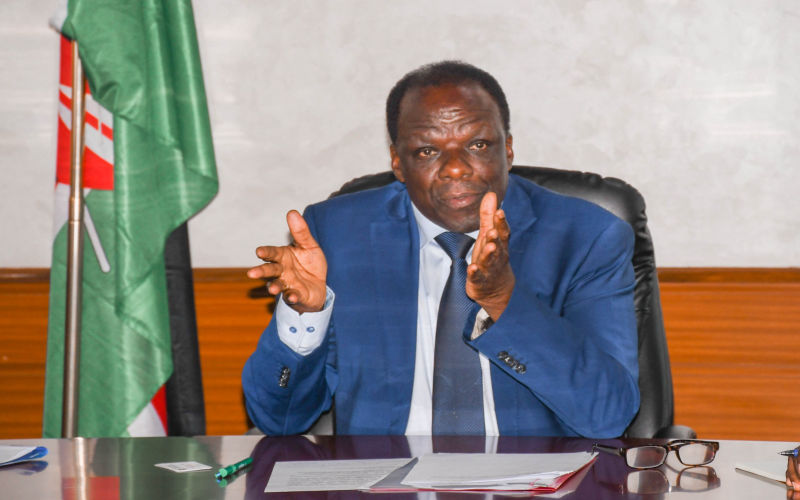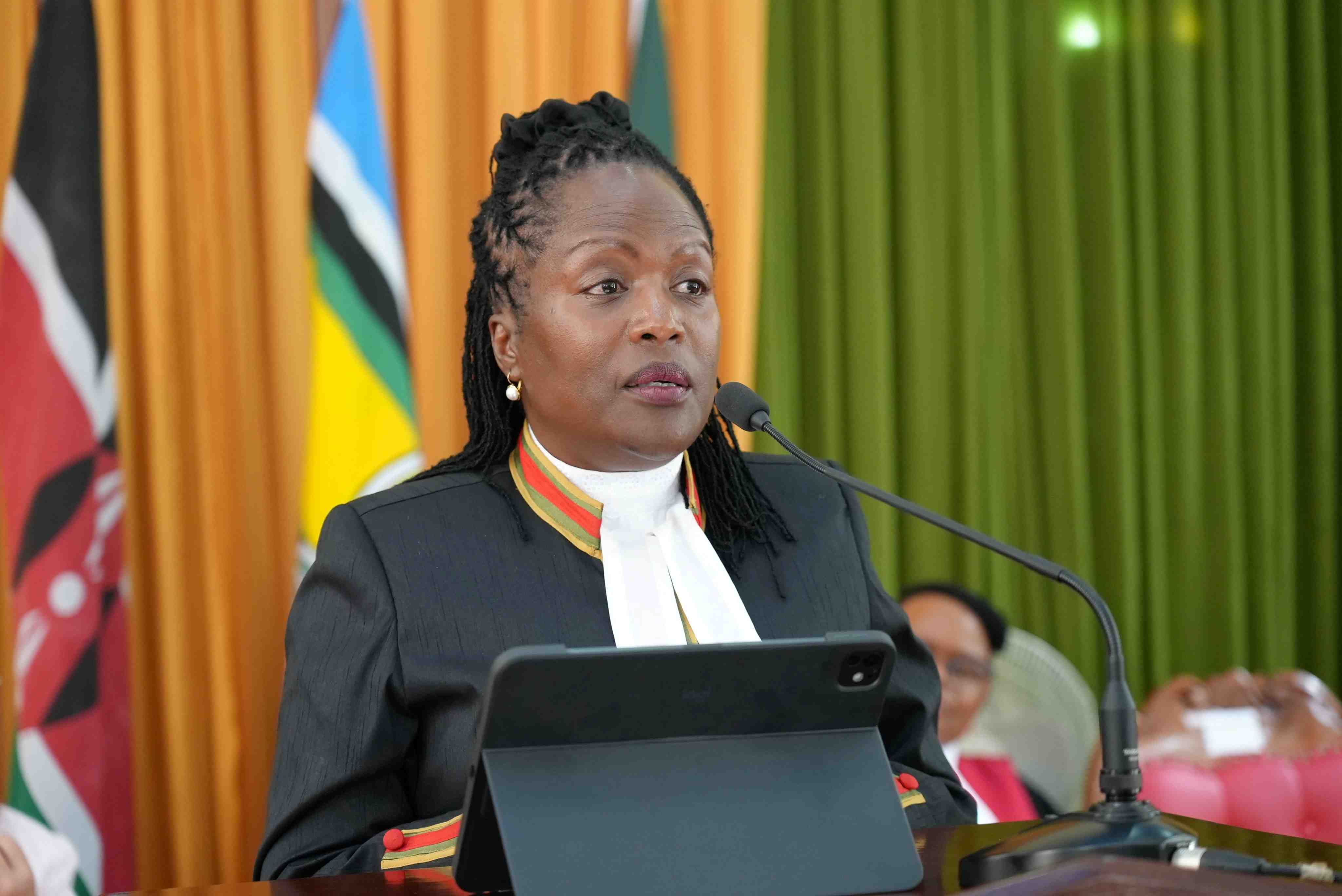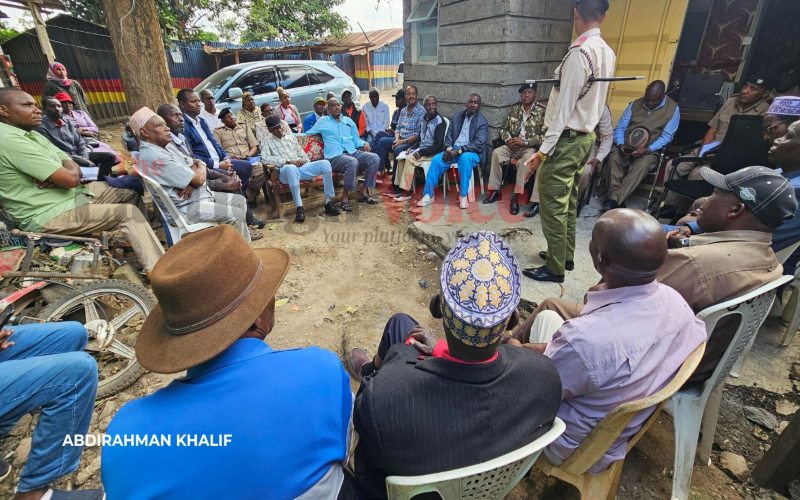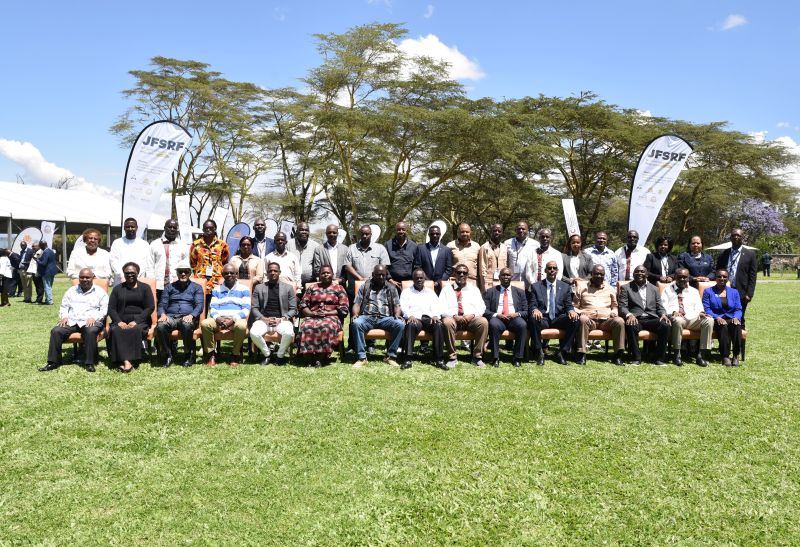Matatu SACCOs to transform into transport cooperatives in new regulatory overhaul

The move, which is part of regulating the Sacco industry, requires that those genuinely engaged in savings and credit business apply to be regulated by the Sacco Societies Regulatory Authority (SASRA) or face deregistration.
All public service vehicle (PSV) SACCOs that are not engaged in savings and credit business will now be transformed into "Transport Cooperatives" or "Transcoops", the Ministry of Cooperatives has announced.
Speaking during the release of the SACCO Supervision Annual Report 2024, Cooperatives CS Wycliffe Oparanya said the move aims to regulate the SACCO industry and requires those genuinely involved in savings and credit activities to apply for regulation by the SACCO Societies Regulatory Authority (SASRA) or face deregistration.
More To Read
- Azziad Nasenya moves to court to stop auction of Sh20 million Kileleshwa apartment
- Ngong Road users warned of daily diversions near Junction Mall until December 10
- 12 matatu Saccos sue Nairobi County over eviction from three petrol stations
- Saccos term petition to ban Matatus at fuel stations baseless, court told
- Sacco auditors face lifetime ban for failing to submit mandatory reports, regulator warns
- Five family members killed in Murang'a road crash as matatu plunges into River Kiama
Oparanya said the continued use of the name "SACCO" by the PSV entities confuses the public and risks damaging the reputation of genuine SACCOs as regulated financial institutions.
"There are several Transport Cooperatives, which are currently registered or operating as matatu or PSV SACCOs. These entities are not SACCOs because they are not engaged in the mobilisation of deposits and/or intermediating the deposits as credit. They are simply an association of people coming together to operate a transport business or manage routes as required by the National Transport Safety Authority (NTSA)," said Oparanya.
NTSA requires matatus and other public service vehicles to be registered with SACCOs or PSV companies to obtain Transport Licensing Board (TLB) certification to operate legally. The policy discourages licensing individual matatu operators.
"Governance in SACCOs is still a matter of grave concern for the government. It is important to emphasise that SACCOs can only thrive in an environment where good governance practices are fully ingrained and practised," said Oparanya.
Oparanya further announced that the National Computer and Cybercrimes Coordination Committee (NC4), chaired by Interior PS Raymond Omollo, has designated SASRA as the SACCO sub-sector Cyber Security Operations Centre under the Computer Misuse and Cyber Crimes Act.
"This has substantially decreased cybersecurity incidents within the SACCOs industry over the last 18 months, and I do urge all SACCOs and SASRA to maintain this vigilance," he said.
According to the report, membership in regulated SACCOs grew to 7.4 million in 2024, up from 3.08 million in 2014, while total assets rose to Sh1.08 trillion in December 2024, from Sh301.54 billion in 2014.
As of August 2025, total assets had increased to Sh1.13 trillion, with deposits growing to Sh806.37 billion from Sh205.97 billion in 2014.
Top Stories Today












































